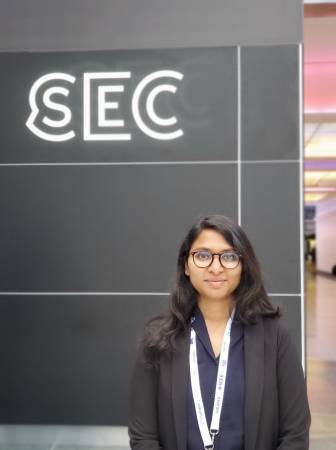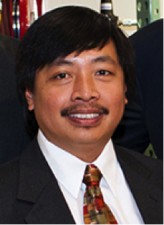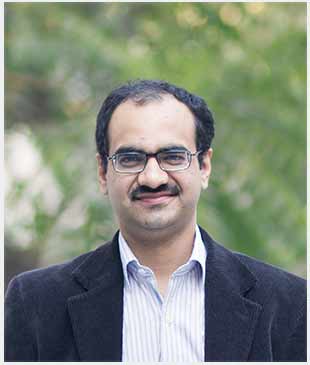Seminar
The Role of Manipulation Primitives in Building Dexterous Robotic Systems
Abstract: I will start this talk by illustrating four different perspectives that we as a community have embraced to study robotic manipulation: 1) controlling a simplified model of the mechanics of interaction with an object; 2) using haptic feedback such as force or tactile to control the interaction with an environment; 3) planning sequences or [...]
Seeing the unseen: inferring unobserved information from multi-modal data
Abstract: As humans we can never fully observe the world around us and yet we are able to build remarkably useful models of it from our limited sensory data. Machine learning problems are often required to operate in a similar setup, that is the one of inferring unobserved information from the observed one. Partial observations [...]
Design and Analysis of Open-Source Educational Haptic Devices
Abstract: The sense of touch (haptics) is an active perceptual system used from our earliest days to discover the world around us. However, formal education is not designed to take advantage of this sensory modality. As a result, very little is known about the effects of using haptics in K-12 and higher education or the [...]
Towards AI for 3D Content Creation
Abstract: 3D content is key in several domains such as architecture, film, gaming, and robotics. However, creating 3D content can be very time consuming -- the artists need to sculpt high quality 3d assets, compose them into large worlds, and bring these worlds to life by writing behaviour models that "drives" the characters around in [...]
Move over, MSE! – New probabilistic models of motion
Abstract: Data-driven character animation holds great promise for games, film, virtual avatars and social robots. A "virtual AI actor" that moves in response to intuitive, high-level input could turn 3D animators into directors, instead of requiring them to laboriously pose the character for each frame of animation, as is the case today. However, the high [...]
Understanding the Placenta: Towards an Objective Pregnancy Screening
Abstract: My research focusses on the development of a pregnancy screening tool, that will be: (i) system and user-independent; and (ii) provides a quantifi able measure of placental health. With this end, I am working towards the design of a multiparametric quantitative ultrasound (QUS) based placental tissue characterization method. The method would potentially identify the [...]
Human-Robot Interactive Collaboration & Communication
Abstract: Autonomous and anthropomorphic robots are poised to play a critical role in manufacturing, healthcare and the services industry in the near future. However, for this vision to become a reality, robots need to efficiently communicate and interact with their human partners. Rather than traditional remote controls and programming languages, adaptive and transparent techniques for [...]
Carnegie Mellon University
Robots “R” Us: 25 years of Robotics Technology Development and Commercialization at NREC
Abstract: Since its founding in 1979, the Robotics Institute (RI) at Carnegie Mellon University has been leading the world in robotics research and education. In the mid 1990s, RI created NREC as the applied R&D center within the Institute with a specific mission to apply robotics technology in an impactful way on real-world applications. In this talk, I will go over [...]
Relational Reasoning for Multi-Agent Systems
Abstract: Multi-agent interacting systems are prevalent in the world, from purely physical systems to complicated social dynamics systems. The interactions between entities / components can give rise to very complex behavior patterns at the level of both individuals and the whole system. In many real-world multi-agent interacting systems (e.g., traffic participants, mobile robots, sports players), [...]
Towards an Intelligence Architecture for Human-Robot Teaming
Abstract: Advances in autonomy are enabling intelligent robotic systems to enter human-centric environments like factories, homes and workplaces. To be effective as a teammate, we expect robots to accomplish more than performing simplistic repetitive tasks; they must perceive, reason, perform semantic tasks in a human-like way. A robot's ability to act intelligently is fundamentally tied [...]









